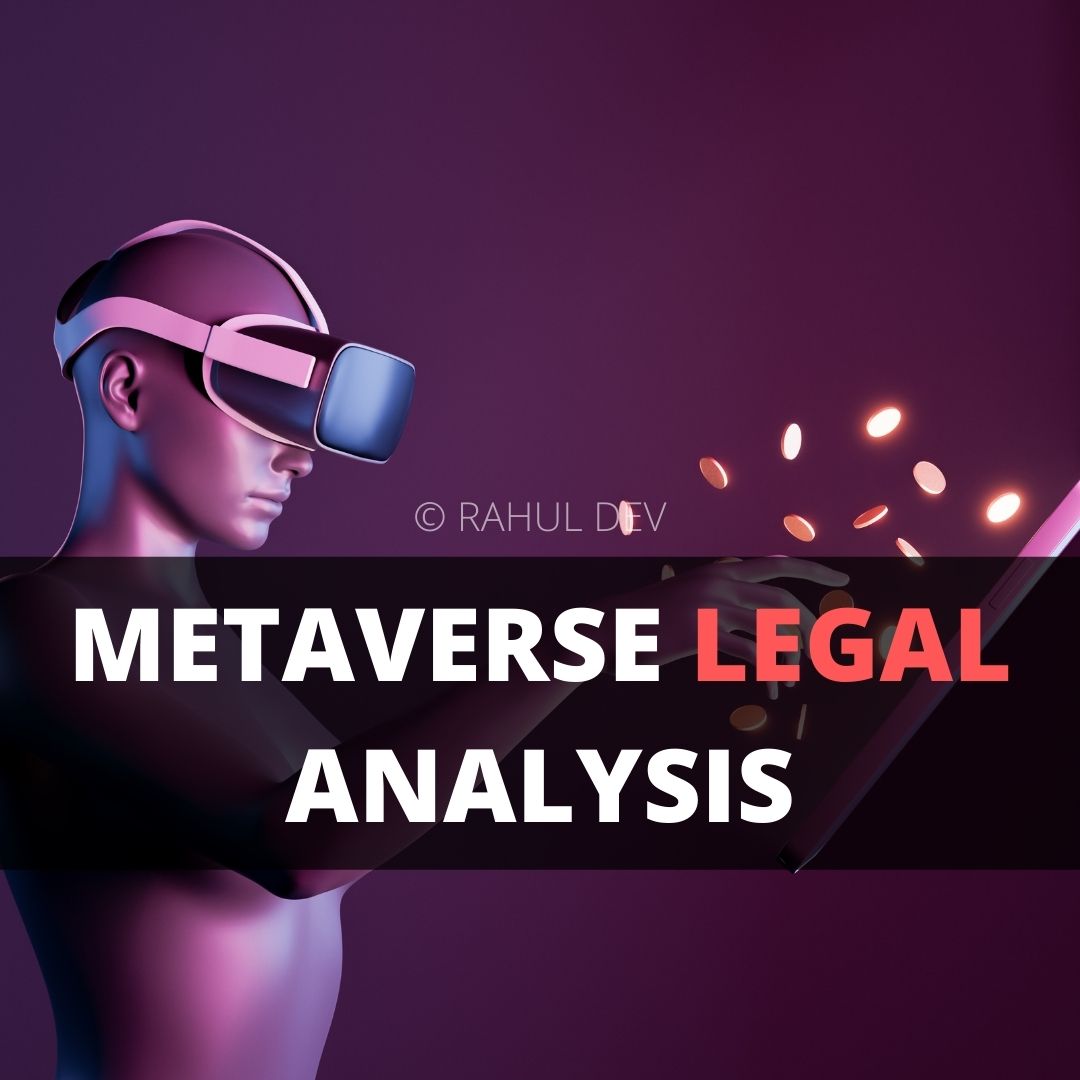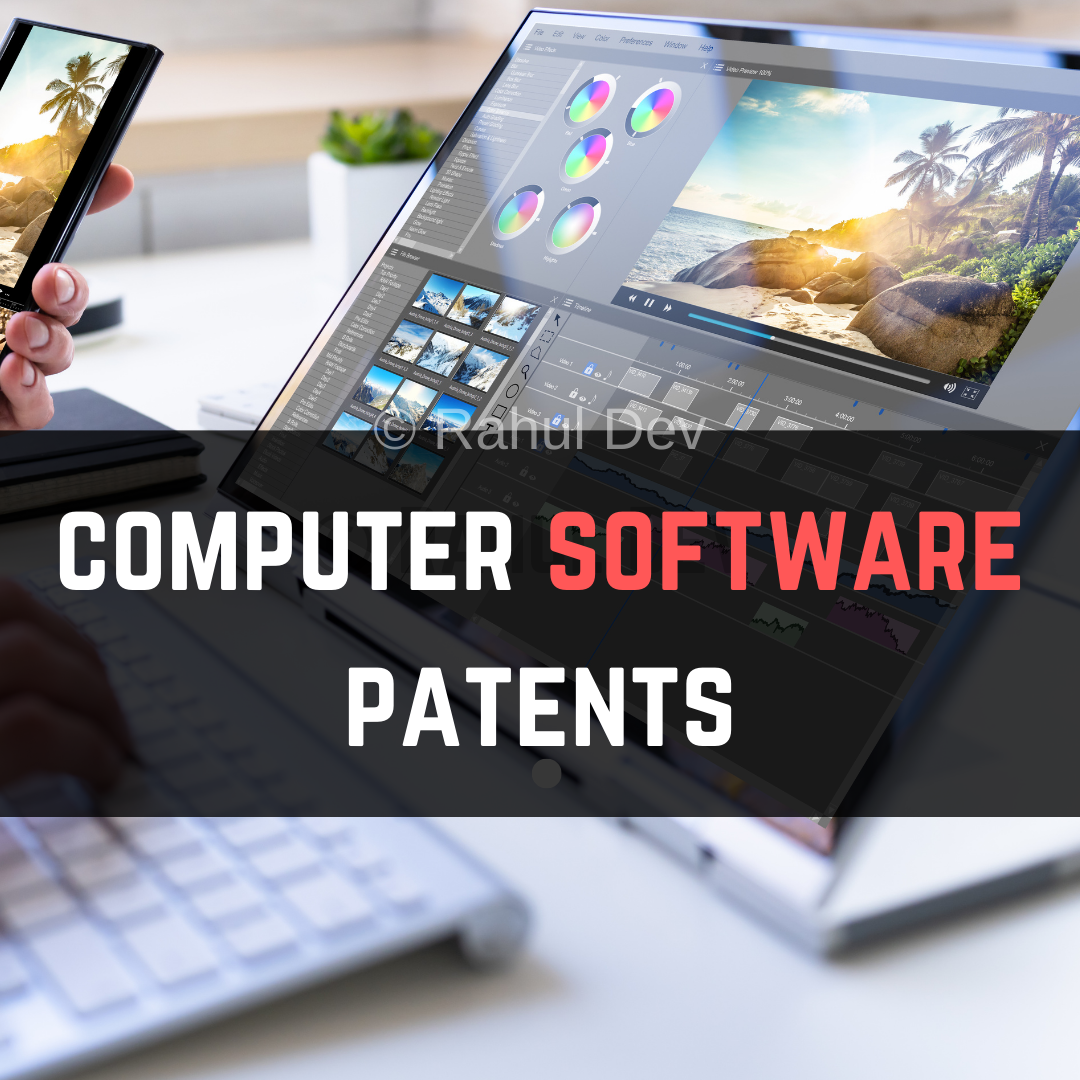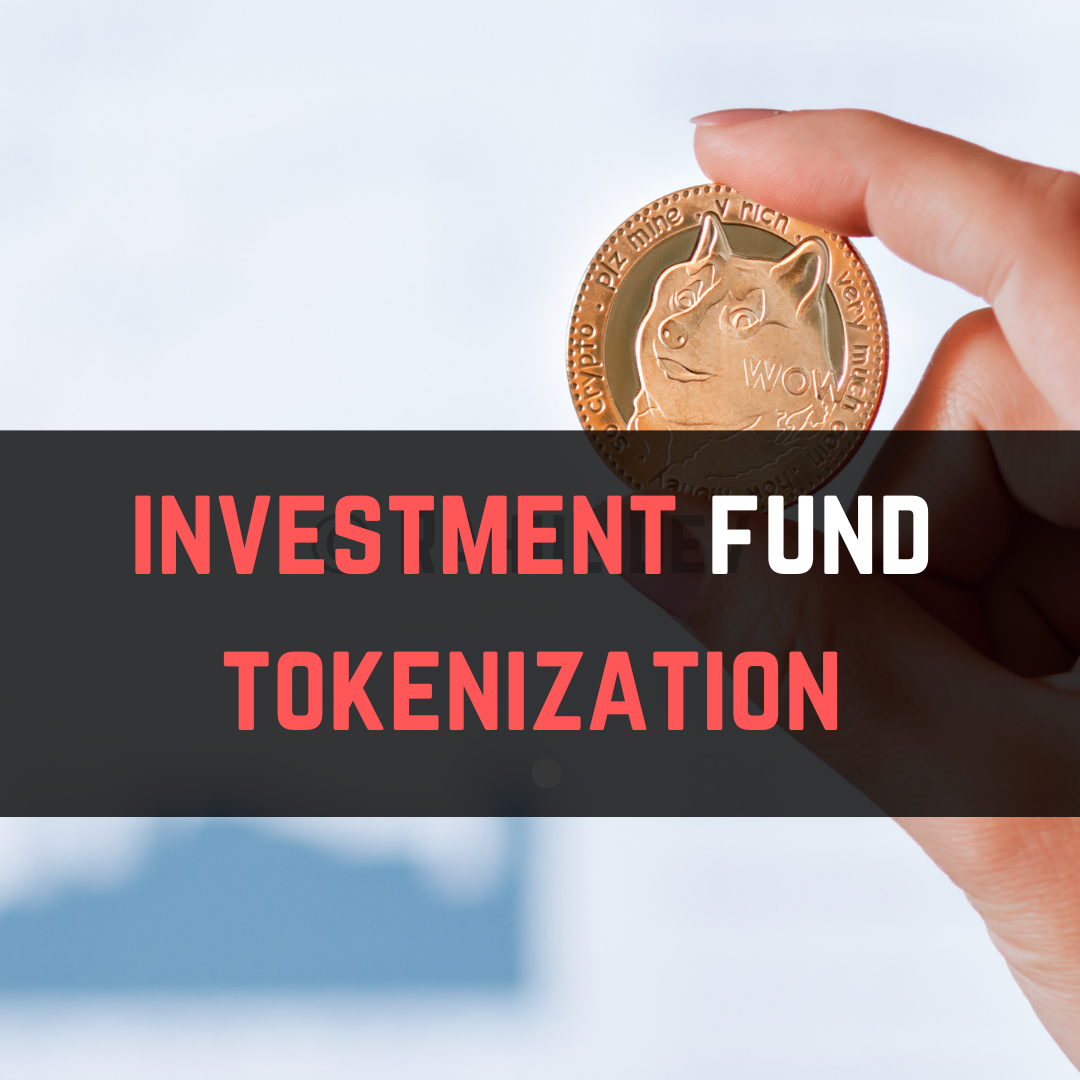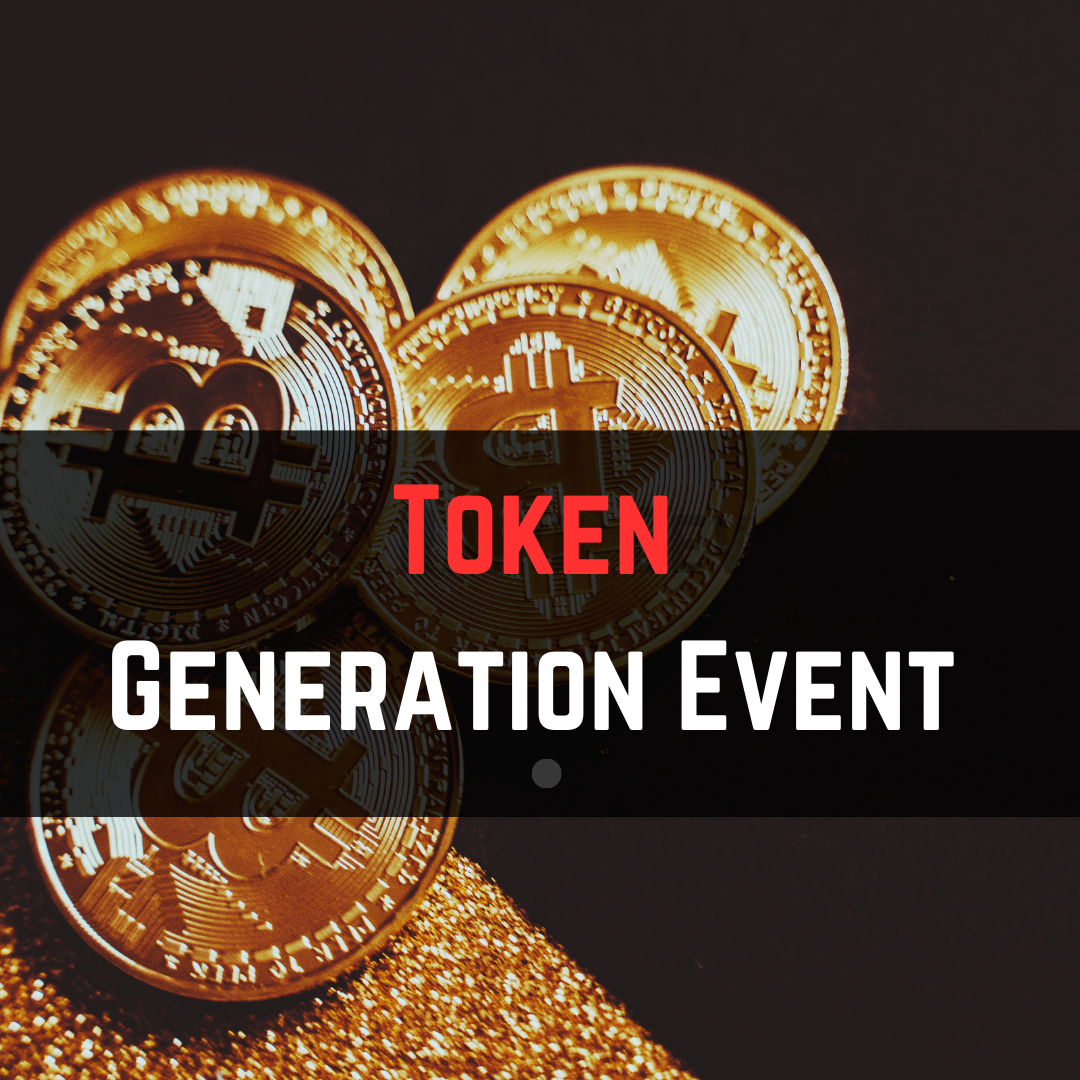
Metaverse and virtual gaming platforms offer their own cryptocurrency tokens to users for buying digital products and services. A legal analysis of metaverse tokens offers a review to treat such tokens as gaming cryptocurrency that may need a legal opinion letter to certify the token as utility token. As far as Virtual Reality Laws are concerned, it is crucial to review various legal aspects of the metaverse. There are many potential legal issues in the Metaverse. These will require the development of new policies and procedures to protect users, specifically regarding preparation of legal opinion letters for metaverse tokens.

BigTech, for example, has an interest in the evolution of the Metaverse. Its goal is to connect people and grow businesses. Yet, there are many other important legal considerations. In this article, we’ll explore these concerns and how to stay ahead of the law in this new environment. To avoid getting into a lawsuit, start by educating yourself on the Metaverse’s legal aspects.
As the concept of metaverse becomes more popular, the legal aspects will become more important. For example, metaverse companies will scan users’ faces and body dimensions and record eye movements. They will also sell that information to advertisers. This is not a good idea if you want to protect your rights and privacy. But if you’re a big business and don’t mind selling this information to advertisers, then you’ll be okay.
A key concern in the legal aspects of the metaverse is the potential for intellectual property rights and antitrust litigation. Because the metaverse is a multi-tenant environment, collaboration among competitors may raise antitrust concerns. Larger technology companies may be seen as attempting to exert unfair control in virtual environments. This could lead to litigation. However, it’s essential that you understand the legal issues related to the metaverse. The risks are very real. The benefits of the metaverse will outweigh the risks and costs of possible lawsuits.
The term “metaverse” was developed to describe a computer-generated reality that is a shared virtual world where individuals assemble to engage in games, interact, and work. The Metaverse, which is based on blockchain technology, is expected to diversify access to such games and undermine the control of digital monopolies. Cryptocurrencies and NFTs make it possible to acquire and sell items within the Metaverse, allowing for new business options.
More crucially, these transferable tokens will potentially allow players to move their virtual identities and products between the Metaverse realms. Because the computing power required to extend virtual reality to a gigantic scale is still developing, firms that specialize in large-scale distributed computing are attempting to integrate multiple players on the same server in real-time.
The “Meta” stresses the ease of movement in virtual environments, and while this technology is now gaining traction in the gaming industry, it is expected to have a favorable impact on more business-specific sectors such as video conferences, education, and healthcare in the future. Every organization, in some way or another, is likely to have a 3D Metaverse presence.
While the Metaverse is a relatively new concept that will require significant resources to realize its full potential, the prospect itself has the potential to significantly alter the digital world. In the same way that NFTs have reshaped the creator economy, a collaborative virtual experience might present new opportunities to creators, gamers, and artists. It is expected to be the internet’s successor, based mostly on blockchain and decentralized applications, and to serve as a portal to most digital experiences as well as a new employment platform. As was the case when the internet first entered the commercial sphere, this can be the driving force behind the formation of a new age of enterprises. This is because the Metaverse, which attempts to unite multiple in-game economies under one coherent roof of virtual experience, cannot be controlled by a single person or organization.
For the Metaverse to operate effectively, the virtual structure requires permission less identity, financial services, and high-speed exchange, with the possibility of storing and serving data to millions of individuals. As a result, it is proposed that the technology employed for cryptocurrencies can be used to ensure the Metaverse’s flawless operation. Several companies have created VR content that combines cryptocurrency, allowing players to construct and monetize virtual businesses. Decentraland, for example, allows users to spend MANA, a cryptocurrency that can be purchased on platforms like Coinbase.
Within Decentraland, players can utilize MANA to transact with dealers and pay for various jobs that are accomplished for them by other players. In addition to cryptocurrencies, NFTs serve as a core feature in the Metaverse, allowing players to fully own their characters and in-game assets. Eventually, interoperable marketplaces will allow the purchasing and selling of virtual commodities from many games and planets. As a result, cryptocurrencies have the potential to become the Metaverse’s sole legal money, with all virtual products and intangible items represented by NFTs.
Our team of advanced patent attorneys assists clients with patent searches, drafting patent applications, and patent (intellectual property) agreements, including licensing and non-disclosure agreements.
Advocate Rahul Dev is a Patent Attorney & International Business Lawyer practicing Technology, Intellectual Property & Corporate Laws. He is reachable at rd (at) patentbusinesslawyer (dot) com & @rdpatentlawyer on Twitter.
Quoted in and contributed to 50+ national & international publications (Bloomberg, FirstPost, SwissInfo, Outlook Money, Yahoo News, Times of India, Economic Times, Business Standard, Quartz, Global Legal Post, International Bar Association, LawAsia, BioSpectrum Asia, Digital News Asia, e27, Leaders Speak, Entrepreneur India, VCCircle, AutoTech).
Regularly invited to speak at international & national platforms (conferences, TV channels, seminars, corporate trainings, government workshops) on technology, patents, business strategy, legal developments, leadership & management.
Working closely with patent attorneys along with international law firms with significant experience with lawyers in Asia Pacific providing services to clients in US and Europe. Flagship services include international patent and trademark filings, patent services in India and global patent consulting services.
Global Blockchain Lawyers (www.GlobalBlockchainLawyers.com) is a digital platform to discuss legal issues, latest technology and legal developments, and applicable laws in the dynamic field of Digital Currency, Blockchain, Bitcoin, Cryptocurrency and raising capital through the sale of tokens or coins (ICO or Initial Coin Offerings).
Blockchain ecosystem in India is evolving at a rapid pace and a proactive legal approach is required by blockchain lawyers in India to understand the complex nature of applicable laws and regulations.
Read About Patent FIling Guide



